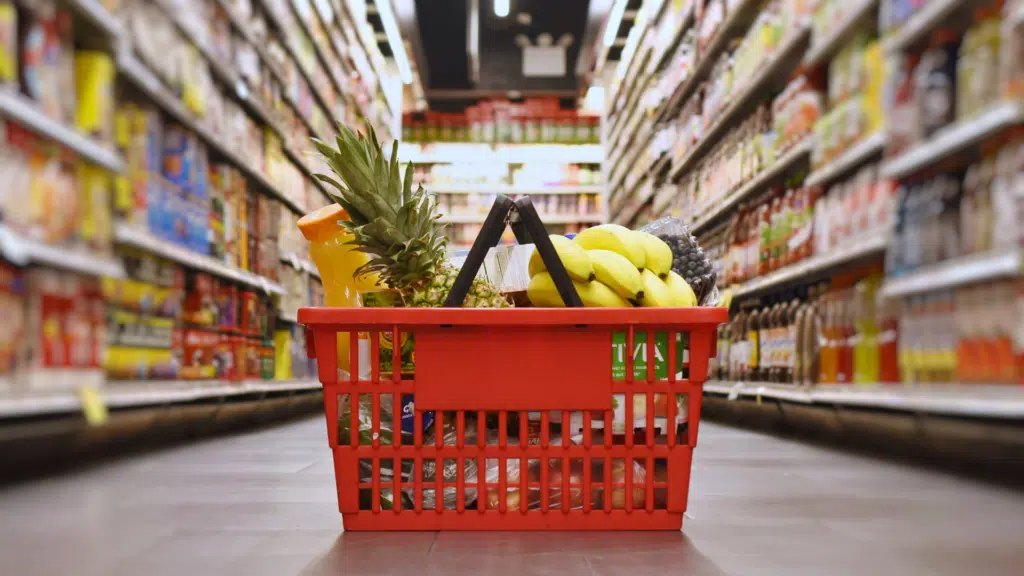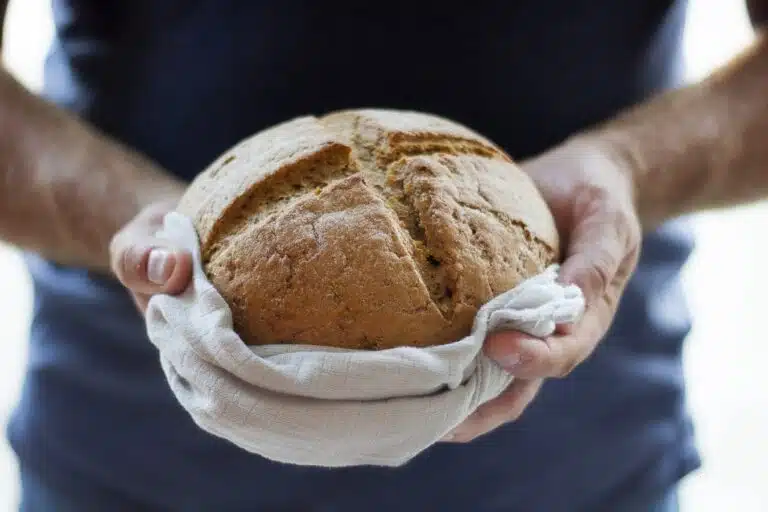
Does your Period make IBS worse?
Does your Period make IBS worse?
- filed under: All, FODMAPs & Food Intolerance, Health & Wellness, Low Chemical/Failsafe
At Everyday Nutrition, we work with a lot of women, many of whom have Irritable Bowel Syndrome (IBS). In our experience, it is common for women to report that their gut symptoms and tolerance to problem foods can fluctuate significantly throughout the month. Many are perplexed by this – why should they tolerate a food one week, but find it turns them into bloated, crampy mess the next?
The answer can be hormones. If you’ve suspected it – you’re spot on. And if you thought you were just imagining it – rest assured you’re not. Let’s take a look at the female menstrual cycle and how it can affect our gut.
Hormones and the menstrual cycle:
Week one: Day 1 (first day of period) -7
When your period starts, your brain sends prostaglandins to your uterus telling it to contract and push the blood out. This is normal and stimulates your period to begin. The thing is, the bowel is a nosy neighbour and wants to join the party, so often picks up and responds to some of these prostaglandins too. If this happens, then we see the bowel contracting more than usual and pushing matter through faster. IN many women this can cause diarrhoea or “period poops”. If this is you, rest assured, you haven’t done anything wrong and likely haven’t eaten the wrong food. It’s just hormone fluctuations. Increasing your soluble fibre can help with loose stools as it acts like a sponge and soaks up excess water in the GI tract. Try adding PHGG or psyllium husks this week.
Week two: Day 8 – 14
In week two, oestrogen continues to rise, further improving your mood and energy. When it peaks, towards the end of this week, it will trigger the release of the two hormones which are responsible for ovulation – follicle stimulating hormone and luteinising hormone. You usually will feel pretty good during this time, and be up for a bit of between the sheets action.
Week three: Day 15 – 22
After ovulation, oestrogen drops sharply, leading to irritability, fatigue and a lower mood. Thankfully, around the middle of week three, oestrogen will rise again, and so will your mood. Week three is also when progesterone makes an appearance, and seems to be associated with feeling lacklustre and craving certain foods. If you are feeling low, some extra time for self-care can go a long way.
Week four: Day 23 – 28
During week four progesterone is at its highest point. This does a few things including slowing the digestive tract, increasing visceral hypersensitivity, make you feel irritable and increase food cravings. This impact IBS in a couple of ways. Slowing the GI tract can reduce bowel movements, constipation and feeling backed up. Increased visceral hypersensitivity means the nerves in the gut get more sensitive, worsening the backed up feeling, bloating and tenderness in that area. Eating some Kiwifruit this week can help with the constipation, reducing the impact on bloating and tenderness
A word on Endometriosis
Endometriosis is an inflammatory gynaecological condition where tissue that usually lines the inside of the uterus grows outside the uterus and sometimes on organs surrounding the uterus like the bowel and ovaries. While we don’t know what causes endometriosis, we do know that symptoms overlap with IBS (e.g. visceral hypersensitivity, bloating, diarrhoea or constipation and pain) and distinguishing between the two can be difficult. Typically, endometriosis will also involve painful, heavy or irregular periods and worsening IBS during menstruation. If you think you may have endometriosis it’s a good idea to see your doctor for testing and treatment.
So what can you do?
- Low FODMAP diet.Around the time of your period, you may be more sensitive to high FODMAP foods, so being a little stricter with your diet temporarily can help minimise symptoms.
- Hot packs are magical for soothing abdominal muscles and help you feel more comfortable.
- Over the counter medications and supplements. Anti-inflammatories like nurofen and naproxen inhibit prostaglandins and can help with period pain. Gastro-stop® or laxatives can also be helpful for temporary management in severe cases. Your pharmacist or doctor can help you decide which ones are best suited to your needs.
Final thoughts
Above all, sometimes it’s just good to know that you’re not alone, and that many women experience heightened IBS symptoms with hormonal fluctuations. Rest up if you can, practice some self-care, and ride out the rough patches, which are sure to pass. If you need help, don’t be afraid to reach out. Our dietitian team love to help women resolve digestive issues and make peace with food, so you can get back to enjoying life
TAGS:
SHARE THIS POST

Meet Joanna
PASSIONATE IN DIGESTIVE HEALTH
grab your freebie
Week 1 - Low FODMAP Menu







One Comment